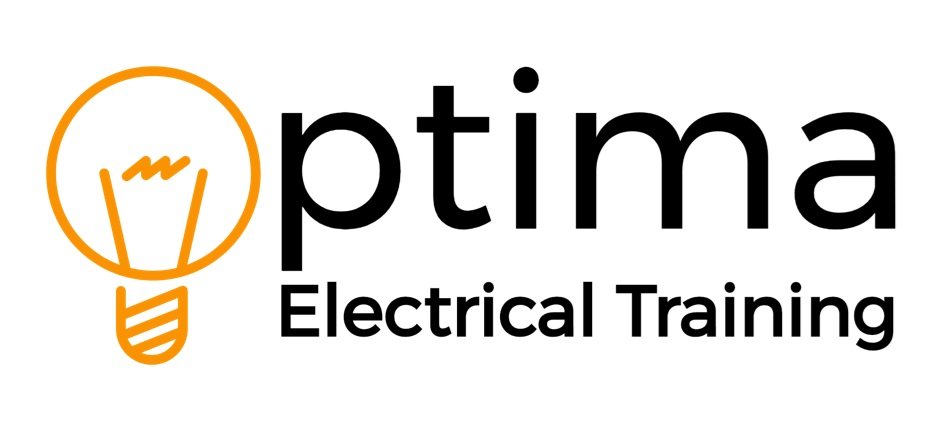Academic Appeals Policy and Procedure
Introduction
An academic appeal is a request for a formal review of an academic assessment decision submitted to the student and is distinguished from academic complaints on the quality of teaching and learning provision. This policy provides information to students and staff on academic (i.e. assessment) appeal procedures. It recognises that students seeking qualifications have a right to seek a review of assessment decisions that affect them. The policy is informed by the policies and procedures published by the relevant awarding organisations. In all cases, the policies and procedures of the awarding organisation have precedence.
Assessment Statement
The assessment process seeks to ensure that assessment practices and procedures must:
Meet national Awarding organisation and Validation Partner requirements,
Be evidenced,
Be applied consistently across all subject/course teams,
Take account of the equality and diversity of learners.
External Reference Point
OIA guidance: The policy has been produced with reference to the Office of the Independent Adjudicator’s (OIA) guidance document entitled “The good practice framework for handling complaints and academic appeals” published in December 2014. It has also been developed in line with the Quality Assurance Agency for Higher Education Quality Code on Expectations for Quality for Advice and Guidance on Concerns, Complaints and Appeals.
Scope and Grounds for Appeal
This policy and associated procedure apply to all current students registered for academic courses provided by the OPTIMA, who want to appeal against an assessment, progression or withdrawal decision made by their assessor or the Board of Examiners.
A current student includes those registered on programmes, those on an interruption of studies, those on a temporary suspension from the College and those who have recently left the College and are within the time limit for making an appeal.
Students who are withdrawn for non-academic reasons, such as not registering on time because they have not followed procedures clearly, or for misconduct cannot use the appeal procedure. They must follow the College’s Complaints Procedure.
Academic appeals may be lodged on the following grounds or conditions:
That the stipulated assessment procedure which according to the standards or requirement of the awarding organisation or validation partner was not followed, or
Information is or was available which could have had a bearing on the assessment or mark, but which was not taken into account by the Board of Examiners/assessors or was unreasonably rejected, or
The grade attained was adversely affected by circumstances that were beyond the learner’s control which they were unable to disclose before the assessment,
Bias or perception of bias.
The following are not normally considered to be legitimate grounds for an academic appeal:
Where a student questions the exercise of academic judgment, that is, the decision made by academic staff on the quality of the work itself or the criteria being applied to mark the work.
Where there is disagreement about the way extenuating or mitigating circumstances were considered, unless there is clear evidence that the defined procedures were not followed by the Board of Examiners dealing with mitigating or extenuating circumstances and/or the Board’s recommendation was not properly considered by an academic body.
Procedures for Appeals Process against an Internal Assessment
All appeals against an internal assessment or grading decision will be subject to the following staged procedures.
Stage 1 – Informal Resolution
This is an initial process to establish grounds for appeal:
The student can express their intentions to his/her assessor within 10 College working days of receiving the assessment grade, stating their intention to appeal. In extenuating circumstances, such as authorised illness, holiday or absence from the country, an appeal after this time would be considered.
Within the College appeals procedure, the assessor will explain the appeals process and procedure in a recorded meeting with the learner and examine the grounds on which the students wished to appeal. If the student has no grounds for appeal, this will be fully explained to him/her.
If the student has a good ground for appeal, the assessor will reassess the work to ascertain that an administrative error on their part was not responsible for the assessment decision and also to satisfy themselves that they are not in breach of any of the conditions listed above.
Should that be the case, the assessor will hold an informal discussion with the Programme leader and modify the assessment decision as per the assessment criteria and in consultation with the Internal Moderator.
The assessor will notify the student of any changes to the assessment decision.
If the issues cannot be resolved informally, then the Formal Assessment Appeals Procedure should be considered. This is stages 2 and 3 of the academic appeals procedure.
In cases where the student remains dissatisfied with the outcome of the informal stage, she/he may progress the appeal to stage 2. The responsibility for conducting formal appeals shall rest with the Department involved
Stage 2 – Assessor and Internal Moderator / Programme Leader
The student must lodge a notice of an appeal, in writing or via email, to the Head of Studies within 14 working days of receiving notification of the assessment grade or within 5 days of the informal resolution.
The Head of Studies will instruct the Internal Moderator / Programme leader and Assessor to proceed with Appeal Stage 2.
After investigating all the circumstances of the appeal, the Internal Moderator will notify the student of the outcome, in writing, within 5 working days.
In cases where the student remains dissatisfied with the outcome of Stage 2, she/ he may progress the appeal to Stage 3.
Stage 3 – Appeals Panel
The student must appeal in writing or via email, to the Head of Studies within 5 working days of receipt of the decision from Stage 2.
If the appeal has progressed to Stage 3, then the Appeal Panel will meet to hear the appeal. The person appealing will be given at least 5 days’ notice in writing, which will include the date, time and venue of the hearing and composition of the Appeals Panel. The Head of Studies will then convene a panel meeting to include an independent assessor and IQA (who are members of the Board of Examiners), to which the student will be invited and may be accompanied by a friend. The Assessor whose work is being scrutinised will also be invited. The meeting will review the evidence for the appeal and the outcomes from the informal stage and Appeal Stage 2, together with other such reports, records and assessments which may be necessary to reach a decision. A decision will be reached in line with the assessment statement as highlighted above.
The Panel’s decision is final, and there is no further right of appeal beyond this stage. The result will be confirmed in writing to the student within 5 College working days of the decision being finalised.
A student may wish to seek further independent external advice from the Office of the Independent Adjudicator (OIA) or the awarding organisation. The learner may withdraw his / her appeal at any stage in the Appeals Procedure.
Outline of the Procedure for the Hearing
The Panel will meet privately before Hearing the evidence and submissions to agree on the issues for discussion and the details of how the Hearing will be conducted during the main part of the Hearing all parties will normally be present.
A Clerk will be invited to take notes for the panel.
At the start of the Hearing the person convening the hearing will summarise the process to date, the procedures for the Hearing, the evidence received and indicate that all the submissions have been shared with all the members present.
The person convening the hearing will then will explain that wherever possible, the Panel will wish to hear directly from the student.
The student and or his / her representative will be invited to make a statement in response to the opening remarks about the procedures that will be followed or to seek clarification on matters of procedure.
The assessor will be invited to make a statement in response and to add anything to the written submissions. Witnesses will also be invited to make their statements.
The person convening the hearing will then invite the Panel to ask questions.
Once the person convening the hearing is satisfied that the Panel has completed its questioning and the student has had a full opportunity to convey the information to the Panel, the Convenor will invite closing statements from the assessor and finally the student.
Everyone, except the panel, will then be asked to withdraw.
The Panel will discuss the case and make its decision. If for any reason the Panel requires further clarification on any aspect of the case from any participant, the Hearing will be adjourned and reconvene as soon as the information/clarification is available. All parties will be informed of this decision.

